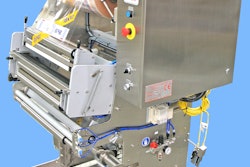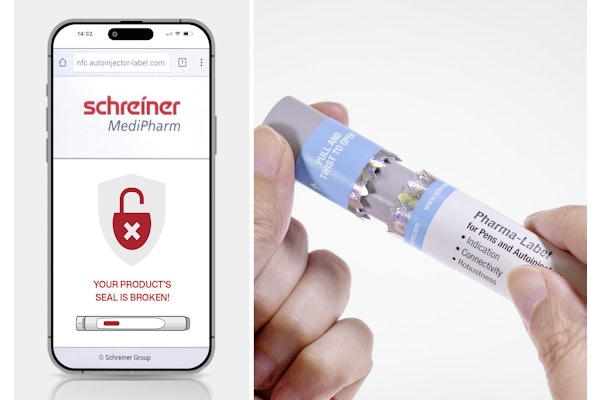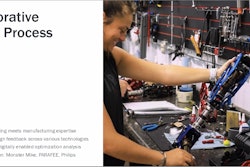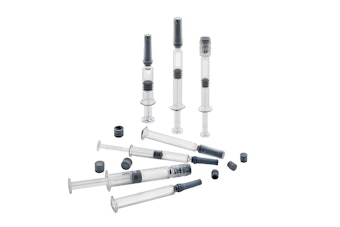Lawmakers are calling for hearings, the FDA is in crisis control and hospitals are scrambling to prevent additional outbreaks after a number of deaths were attributed to an antibiotic resistant bacteria that links back to a medical device.
According to a safety alert issued by the FDA last week, "the complex design of ERCP endoscopes (also called duodenoscopes) may impede effective reprocessing."
According to the agency, even when, "manufacturer reprocessing instructions are followed correctly, it "may not entirely eliminate" the multidrug-resistant bacterial infections in patients, which has led to a number of deaths and wall-to-wall media coverage in recent weeks.
In the most recent reports, a North Carolina hospital reported two deaths as a result of the "superbug" Enterobacteriaceae, commonly known as CRE.
According to the Charlotte Observer, "three people have acquired CRE at Carolinas HealthCare System hospitals this year," and "additional 15 have come into hospitals with existing CRE infections."
In Seattle, 11 people died after an outbreak related to the scope, and at UCLA Medical Center in California, five people were infected and two people died, while 179 other patients were tested for the bacteria, because they recently had similar procedures the Los Angeles Times reported.
Rep. Red Lieu, a Democrat from California wants the House Oversight Committee to hold hearings on the incident.
According to The Hill, Lieu said " the "superbug" has "both health and national security risks," in a letter to Chairman Jason Chaffetz and ranking member Elijah Cummings.
The incident is leaving healthcare professionals in a bit of a predicament.
"We're in this interim period of what to do before a better mousetrap is built," Dr. Andrew Ross, section chief of gastroenterology at Virginia Mason Medical Center told the Los Angeles Times. "That's the issue we're grappling with nationally."
In their safety alert, the FDA said, "the agency is continuing to evaluate information about documented and potential infections from multiple sources."
However, in a blog posted on the FDA Voice's site Monday, William Maisel, the FDA’s Deputy Center Director for Science and Chief Scientist for its Center for Devices and Radiological Health, said the safety alert was only one way the agency is addressing the issue.
"We continue our work in collaboration with federal partners, health care facilities and manufacturers to evaluate alternative cleaning protocols, test antibiotic-resistant organisms to assess their susceptibility to high-level disinfectants and explore additional strategies to reduce the risk of infections, such as the use of surveillance cultures of duodenoscopes," he wrote.





















